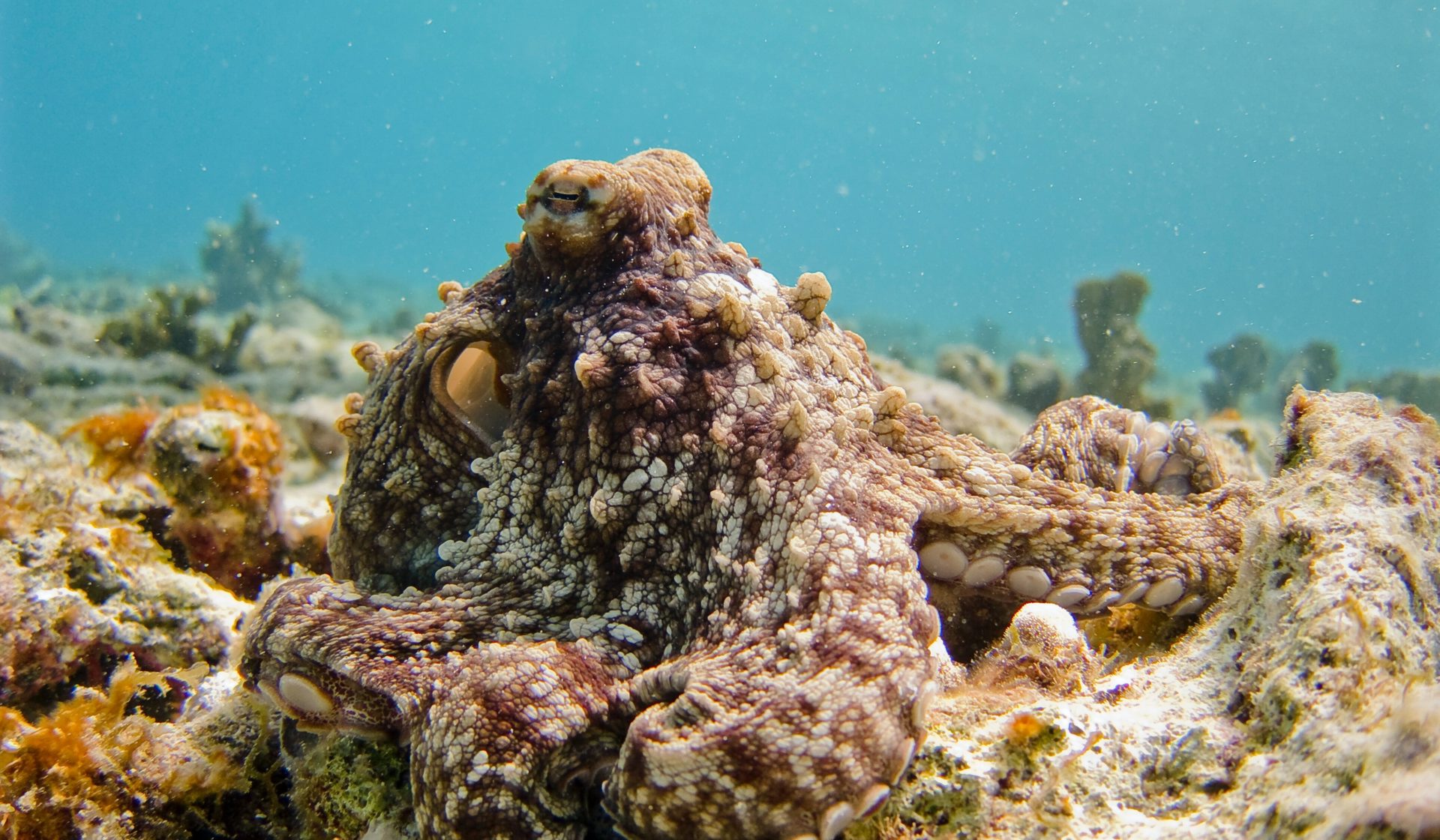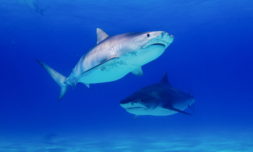The government now formally recognises animals as sentient beings. New welfare measures will be introduced to halt most live animal exports and ban the import of hunting trophies.
The UK was the first nation in the world to pass animal welfare laws, making it illegal to cause unnecessary suffering to any animal.
After Brexit, campaigners requested for animals to be formally recognised as sentient beings, since they are no longer protected by EU regulations. Sentient beings are creatures who experience feelings and sensations, both negative and positive – as humans do.
The new bill means that activities which cause unnecessary harm or trauma for animals will be against the law. It protects farm animals and pets in the UK, but also extends to animals abroad by banning imports on illegal poaching products such as ivory and shark fins.
All vertebrates on land and sea are as categorised as sentient beings by the new laws. This includes fish, which is interesting because of the common myth that fish don’t feel anything, which has been debunked by experiments like the one in the video below.




















